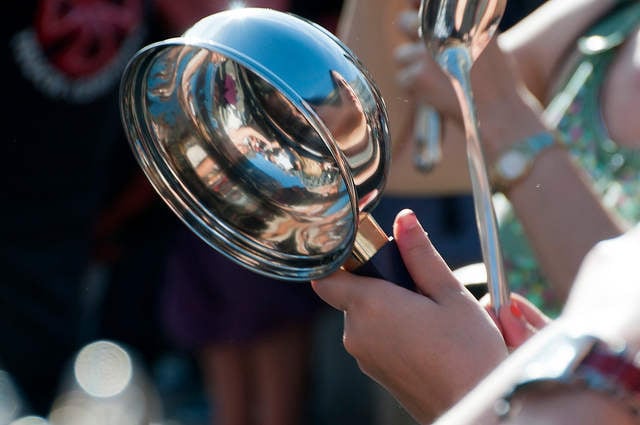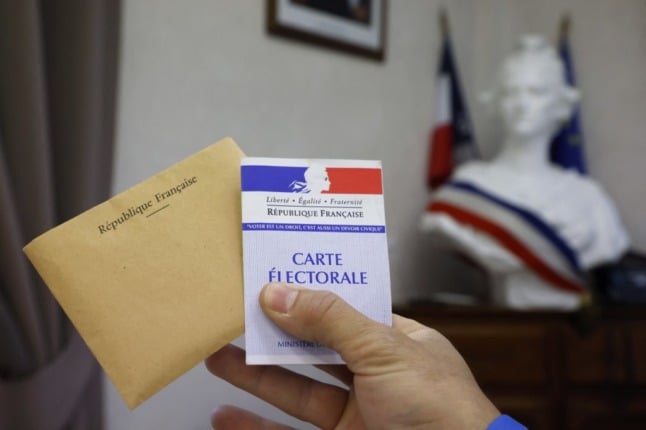The way French is taught at school (remember être and avoir verbs?) can often be about as thrilling as watching paint dry.
Things would have been a lot more interesting if our teachers had taught us a few of the more fun, bizarre but easy-to-use French expressions that are out there. And there are plenty of them.
Here at The Local, we've taken it upon ourselves to select some of the best and most colourful French expressions, that you wouldn't have picked up in a classroom. Click on the link below to se our top 12.
TOP 12 FRENCH EXPRESSIONS YOU WON'T LEARN AT SCHOOL
Use them on a daily basis to ingratiate yourself with your neighbours or quite possibly reduce them to fits of laughter.
See how many of these you've had cause to deploy.
Let us know some more great French expressions that you won't learn at school, and we'll include them. Email us at [email protected]
Don't miss a story about France – Join us on Facebook and Twitter




 Please whitelist us to continue reading.
Please whitelist us to continue reading.
Member comments